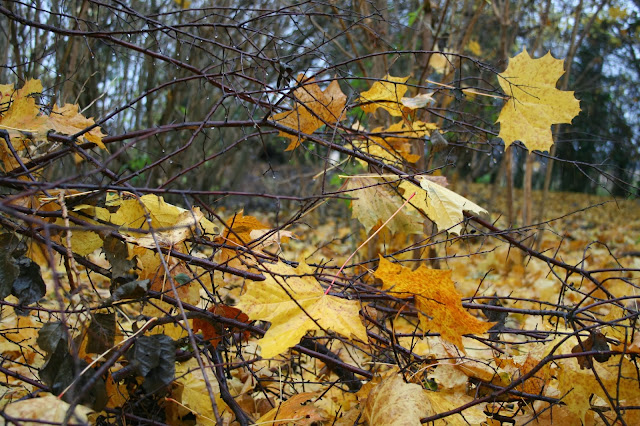Heavy Weather
 |
| Photograph by Jo Sinclair |
A crack willow, a casualty of the recent gale, lay across the river like an unfolded Swiss army penknife. Its array of sharp innards looked bright and creamy, startlingly alive among the squelchy morass. On the footpath the year's colours have been trodden into brown and green camouflage.
A kingfisher whistled. A robin forced out a thin winter song.
I once stayed in Ted Hughes's former home when I did an Arvon writing course at Lumb Bank, an eighteenth century mill-house. Nearby is Sylvia Plath's grave in Heptonstall in the Calder Valley, West Yorkshire. I found a book of Hughes's poems on the shelves. Among the many visceral images of lambs wrenched from wombs (Hughes was a sheep and cattle farmer for a time), I came across a stunning poem about rain. Unabating rain. (Regrettably I don't recall the title - I need to seek it out again). The poem describes the paths I discovered around Lumb Bank. The Pennine Way packhorse trails weave through steep wooded hills knotted with ancient trees. The chimneys of some of the derelict weaving mills still remain. If you've seen Pawel Pawlikowski's coming-of-age film Summer Of Love you may remember this landscape from the river scene with Natalie Portman and Emily Blunt. Hughes's poem is saturated with soggy creatures and trees enduring the elements. The rivulets he describes running off feathers, cow hide and bark today gush down the valley into Hebden Bridge, a town that has had more than its fair share of floods this century.
My sister told me about a photographer called Kate Kirkwood who lives on a farm in the Lake District. I think her Cow Spines series have something of Ted Hughes about them.
Comments
Post a Comment